Visiting Wikimedian 2020 Alice Kibombo
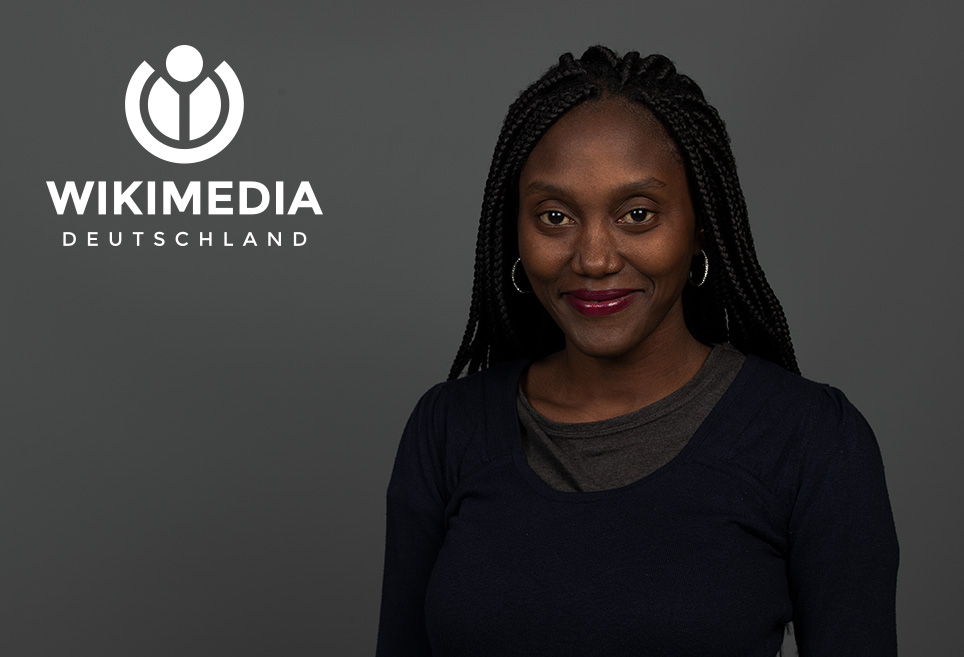
WMDE allgemein
16. July 2020
Pre-WMDE
I had survived what in my mind was a lot – the interview with Florian, Cornelius and Jana; rejoiced by taking a day off when I eventually received a positive response; almost crumbled before a consular officer; an anxious 4-5 week wait for a response from the embassy, then a week into the start of my contract, a positive answer. So I did arrive in Berlin on a cold and grey Saturday- then promptly took the wrong turn on Monday and reported very late on my first day of work.
None of this, however, is comparable with and adequately prepares you for the real physical or emotional experience. Granted, you may have lived in other places before but despite the global village talk, to me, no two places are the same. Physically, I was not sure how to deal with the greying “winter alligator skin”, excessive thirst, irregular sleeping hours (NOT jet lag), sluggishness and fatigue because of limited Vitamin D (Hello supplements!) and yes, even dreams about “Kartoffeln“.
BUT, I digress, this is not a script about my psycho-social wellbeing in Berlin. While articulating my experience as Visiting Wikimedian has not been easy, I hope I have been able to do it some justice as well as add some bits of unsolicited personal information as take-aways from my tenure.
The internship experience
Think of the role of Visiting Wikimedian as a learning and supporting function primarily for the organization of the Wikimedia Summit. At the end of it, it is expected that the individual will be able to transfer or translate the knowledge they have gained to comparable events back home or better still, within the Wikimedia Movement.
First of all you get to directly work with individuals from the teams responsible for the Summit i.e. International Relations and Events. What you get and learn from each is very different for example, speaking with Cornelius helped me appreciate what considerations determine conference design while interacting with the Events Team put everything logistics in perspective.
When I was not involved in activities such as site visits and meetings at the conference venue, there was communication to be drafted, contact to be made with individuals for the Summit Faces, research to be made on various options that were being considered among so many other things
There was also the very specific task of arranging the dinner snack with my colleague Susann – I ask we move on from the point of some very cheeky service providers. For an evening meant for thematic group meet-ups and socialization outside of the Summit’s day program, let us instead consider how many said they do not eat or drink what? Wait, did you remember A, B…Q…Y, Z? How much did we have for the budget again? Who has registered their meet-up? For how long? By the way Room X will be under re-construction….Being paired with Susann Petrachek was helpful as knowing what was in those menus and getting to know how service providers work in Germany among others would have taken me ages. And in the end, it came down to first managing the budget then the logistics then a work schedule, hoping it would work exactly according to plan come the day.
And to “find my level”, there were the regular check-ins and team jour-fixes. What is working? What is not? How can we help in matter X? Any suggestions for Y? All that was addressed and was a good opportunity for mutual feedback.
Lastly, I was very grateful for the work of previous Visiting Wikimedians in the matter of documentation – a lot of what I needed had been documented and centrally stored meaning I was able to familiarize myself with the processes of previous Summits. Also, outside of the formal structure, it was interesting and at times humorous to know how your workmates perceived the Summit. All in all, I appreciated the independence afforded by the role.
What role does culture play?
From my observation, Wikimedia Deutschland is a place with diverse nationalities and this makes cultural competence and inclusion very relevant, both for the individual and the organization. Culture too comes in different forms and is practiced differently so my 2 cents are for you not to discount it when applying for the post of Visiting Wikimedian. And that begs the question, what really comes with the position?
In relation to the Summit, this could present a number of issues and help explain a lot when dealing with participants. But away from the Summit, you actually work with and are a part of the wider „Kollegium“ hence office culture. Onboarding with Noelle and others took care of some of the basics, the rest I learnt and absorbed as I went along, depending on who and what I had to deal with. And with that, I like to think I had survived the warning tremors of culture shock.
Just as an example, where I come from, it is considered rude if not unserious to communicate things work-related via chat. The respectful thing is to walk up to the person’s desk and then follow it up with an email (in that order). For that reason, I was hesitant to communicate with some individuals via chat but when I used it, I was glad that I did not have to go through the anxiety of talking face to face with them. Paradoxes…
But then again, outside of work, you actually live in and need to navigate your way in a world that your workmates do not inhabit and this resulted in various comedies of error but also some incidents that left me a bit shaken. It was a relief to walk whatever distance without being cat-called.
As an aside, there are things I miss about the office though – people exiting the door, helmet in hand with a spontaneous “Tschüss!“, the organic fruits on Mondays and Wednesdays, the impromptu after-hours get- togethers in the lounge, and the language-themed lunches on the 3rd floor kitchen (well only twice).
The shadow of COVID-19
COVID-19 as I knew it then was something I was getting weary of hearing about on all news bulletins, moreso because it slowly cast a very long shadow on almost everything Summit-related. And then it struck Germany, gradually but hard – hard enough to prompt the cancellation of the physical Summit. You could not have made this up! The course of things and kind of work officially changed – from the initial disbelief to dealing with the implications of the cancellation for the WMDE teams involved, the Summit participants, contracted service providers and vendors et al. What needed to be taken care of and how? What could we still pursue further? How do you deal with this as a team and as an individual? Is this one of the “Acts of God” mentioned in contracts?
And my hopes turned to the possibility of a virtual summit. Tentatively, this would be the first time the Wikimedia Summit would be fully online and I was going to be a part of it, MUST be a part of it. I was optimistic and curious about the on-boarding calls and the prospects such an engagement offered. As I understood it, same process, different space and logistics – but how do you identify a suitable facilitator? What medium is best for use? How do you condense and re-package the physical activities spread over three days into interactive online sessions while ensuring that the participants gain what they need? Is the conference design the same as that of a physical meeting? What, if any, are the metrics of success with such a venture? And that is way before you even consider the participants’ experience. This eventually turned out to be a false positive – personally, I felt doubly cheated, even though the circumstances were beyond anyone’s control. How jinxed can something get?
As part of pre-conference engagement, we thought that we could still follow through with the Summit Faces in hope of a virtual Summit. That also did not work out, but there were a number of things to learn during and after the process.
Life in Berlin
Beyond work, having the chance to live in Berlin was a mixed bag.
Some adjustments take forever and a day – taking the train to work, frantically searching for my purse as the train left Mehringdamm, hoping that I had remembered the fare pay for the conductor when they came collecting; riding on the wrong side of the road then saying sorry to no one in particular; after how many beeps of the transponder does the door open and which side do you turn the knob? I still laugh at myself…
Some things I just plain did not get used to – after 2 tablespoons of MioMio, I still never developed a taste for it; the MANY entrances to the station at Alexanderplatz; riding on Karl Marx Strasse.
Other things I came to like and enjoy – pickled cucumbers; setting up my room; Treptower Park and its marina; riding the stretch from Hermannplatz to Mehringdamm; riding in Tempelhof Field on some Saturdays and Sundays; the windmills at the Deutsches Technikmuseum as seen through the fence bordering the park.
Some became a mini-obsession – ebay Kleinanzeigen , hehehe
Some I missed – visiting the Berlin Wall and various museums.
Moving forward
As unfortunate as it was that there was no Summit this year, I was and still am thankful for my experience and for having been afforded the opportunity to work with the organization and alongside some individuals and the professional and personal strengths they brought to the work that was done. My honor roll reads thus:
To Cornelius – he was the Summit’s very spot-on mobile library. And to be honest, if I had to do a quarter of the amount of thinking, negotiation and diplomacy he did, I would have no more hair left…
To Robert – his in-depth knowledge of his craft, his knowledge of technical equipment, specifications, layouts, requirements and preparation for whatever kind of event it is, what would be needed for when, what to look out for etc. While it is true that anyone suitably trained can do the same, he seemed to love what he was doing which made a difference.
To Jana – her efficiency and laser focus approach to work. The ability to very quickly and correctly analyse information and situations all while extremely calm. Logistics and participant management are her thing.
To Marc – me being somewhat allergic to social media, he was helpful in explaining from his experience how one could leverage social media for an event, the timelines, various metrics of success and tools and approaches to do with marketing and promoting events; and he always had spontaneous updates on current affairs.
To Gesine – I know more about budget overviews and considerations, also assessing the viability of venues for a successful event from her (for example calculate 2sq.m per person). These were strange times but we still had our good times…
As Uganda prepares to host WikiIndaba in 2021, I hope to look and sound very clever with everything that I now know.

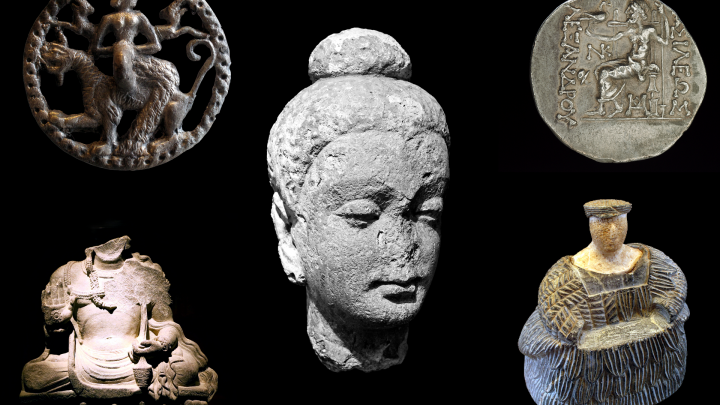
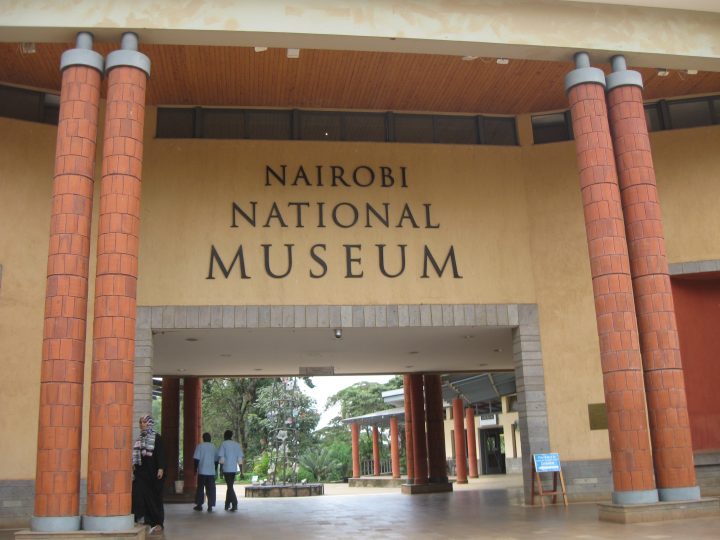
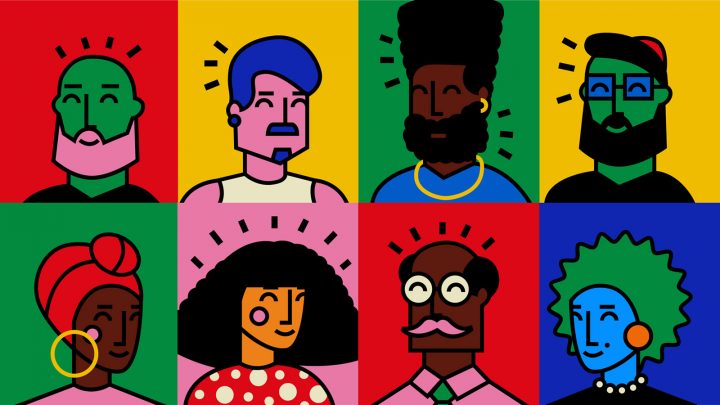
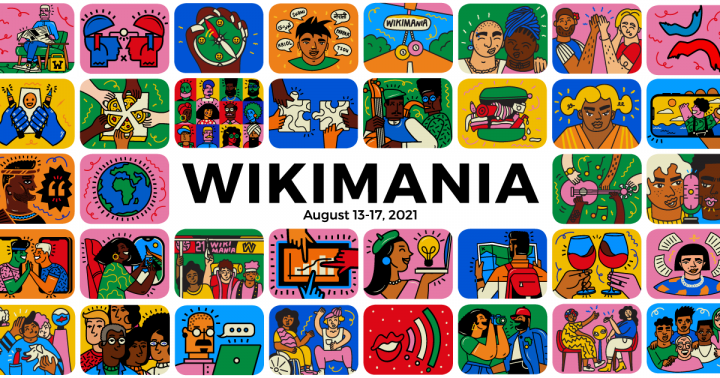
Weldone, Congrats and thank you Alice for the grt experience, effort and dedication. You represented us well and as always, u never disappointed me. I also love your writing skills. Let your star continue shining. Even the sky can't be the limit.